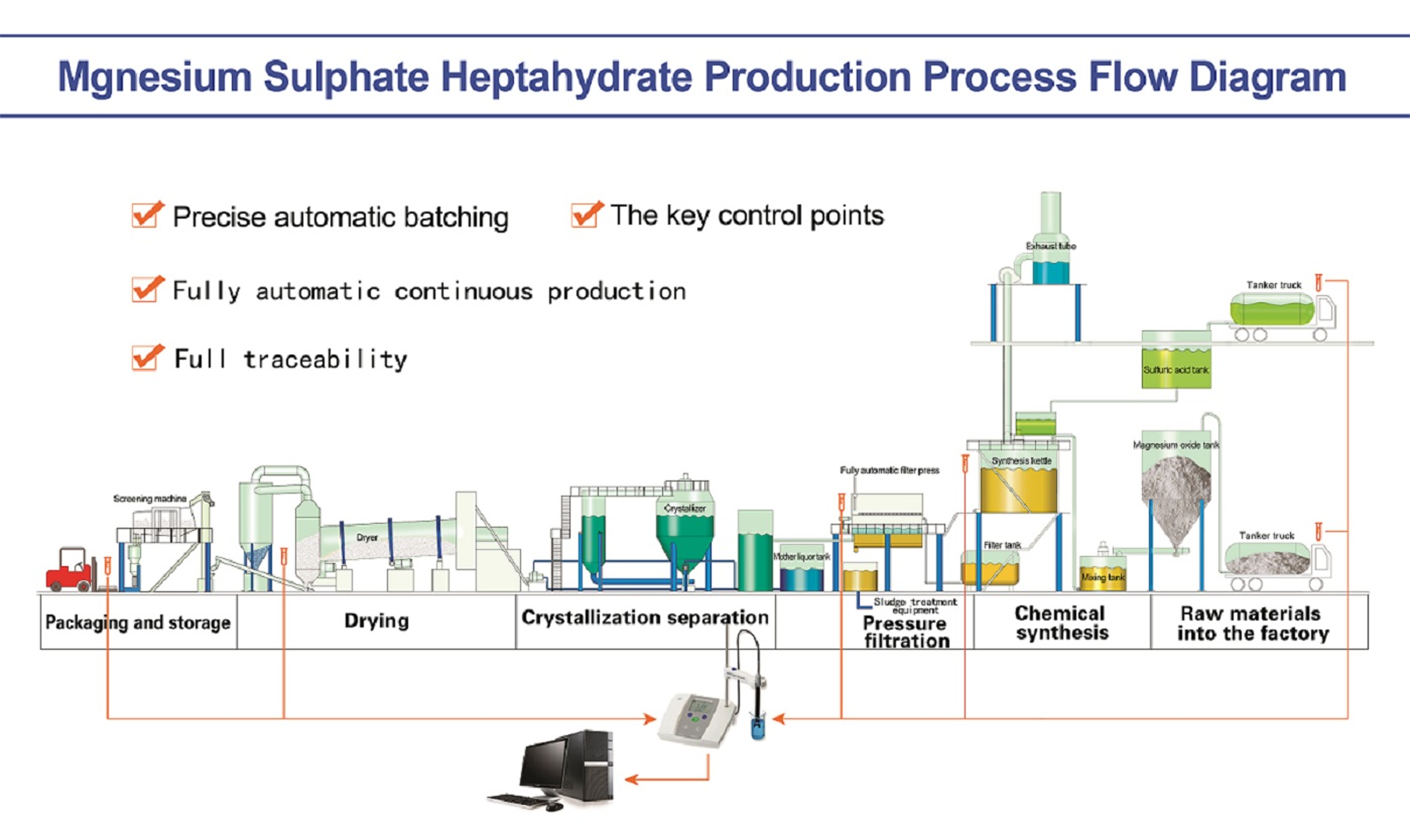Gentamicin sulfate is an antibiotic used to treat a variety of bacterial infections. Here are some key points regarding its usage:
### Indications
1. **Bacterial Infections**: Primarily used for infections caused by Gram-negative bacteria, including:
- Urinary tract infections
- Respiratory tract infections
- Skin infections
- Bone and joint infections
- Intra-abdominal infections
- Meningitis
2. **Topical Uses**: It is often used in topical formulations for skin infections and wound care.
3. **Combination Therapy**: Sometimes used in combination with other antibiotics to broaden the spectrum of activity, particularly in severe infections.
### Mechanism of Action
- Gentamicin works by inhibiting bacterial protein synthesis, leading to bacterial cell death. It binds to the 30S ribosomal subunit, disrupting the reading of mRNA and causing misreading of the genetic code.
### Dosage Forms
- **Injectable**: Often administered via intravenous (IV) or intramuscular (IM) injection.
- **Topical**: Available in ointment or cream form for localized treatment.
### Side Effects
- **Ototoxicity**: Can lead to hearing loss, especially in high doses or prolonged use.
- **Nephrotoxicity**: Potential kidney damage, requiring monitoring of renal function during treatment.
- **Allergic Reactions**: Possible hypersensitivity reactions.
### Contraindications
- Should be avoided in patients with known hypersensitivity to gentamicin or other aminoglycosides.
- Caution in patients with pre-existing kidney conditions.
### Monitoring
- Regular monitoring of renal function and drug levels may be necessary, especially in patients with renal impairment or those receiving prolonged therapy.
### Important Considerations
- Gentamicin is generally reserved for serious infections due to its potential toxicity and the need for careful dosing.
- Resistance can develop, so susceptibility testing is often recommended.
If you have any specific contexts or questions regarding gentamicin sulfate, feel free to ask!




 Guarantee safe
Guarantee safe 






